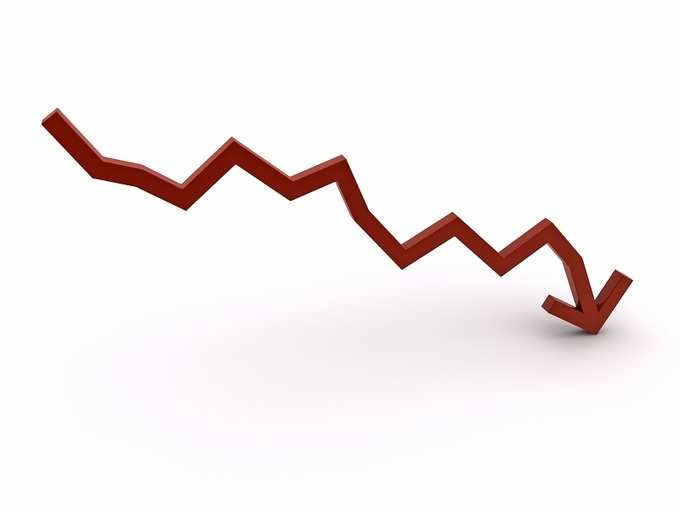
In October 2014, online photography startup Canvera was valued at Rs 250 crore. However, last week, the value dropped to a mere Rs 75 crores as it raised fresh funding of Rs 15 crore from Info Edge.
"At least they are getting capital to continue building their business. There will be companies which will go bust, or will have to merge," a
In startup language, this would be called a 'down-round', and with Canvera’s valuation, more such transactions are expected to take place next year.
Down-rounds refer to situations when investors purchase stock from a company at a lower valuation than its valuation by earlier investors. As India's startup sector sees a slowdown in funding, these down-rounds would become more frequent.
Experts opine that down-rounds mean a troubled future either for the particular company or the sector and industry that it operates in. Not only the value of shares held by existing investors goes down, founders and employees with stock options are also affected in such transactions.
"Companies are valued based on both future and actual performance, if the valuation is coming down, (then) investors believe that future is not that well as compared to previous rounds," Raja Lahiri, a partner at consultancy Grant Thornton, told ET.
As bad as it sounds, down-round recipients don’t only see gloom, and neither is everything over for them. There are several companies in the international space that have suffered down-rounds and came back stronger.
Facebook, for that matter, was valued at $15 billion in 2007, but fell to $10 billion two years later, when it raised money from DST Global. Now, it can boast of a market cap of nearly $300 billion.
Image source